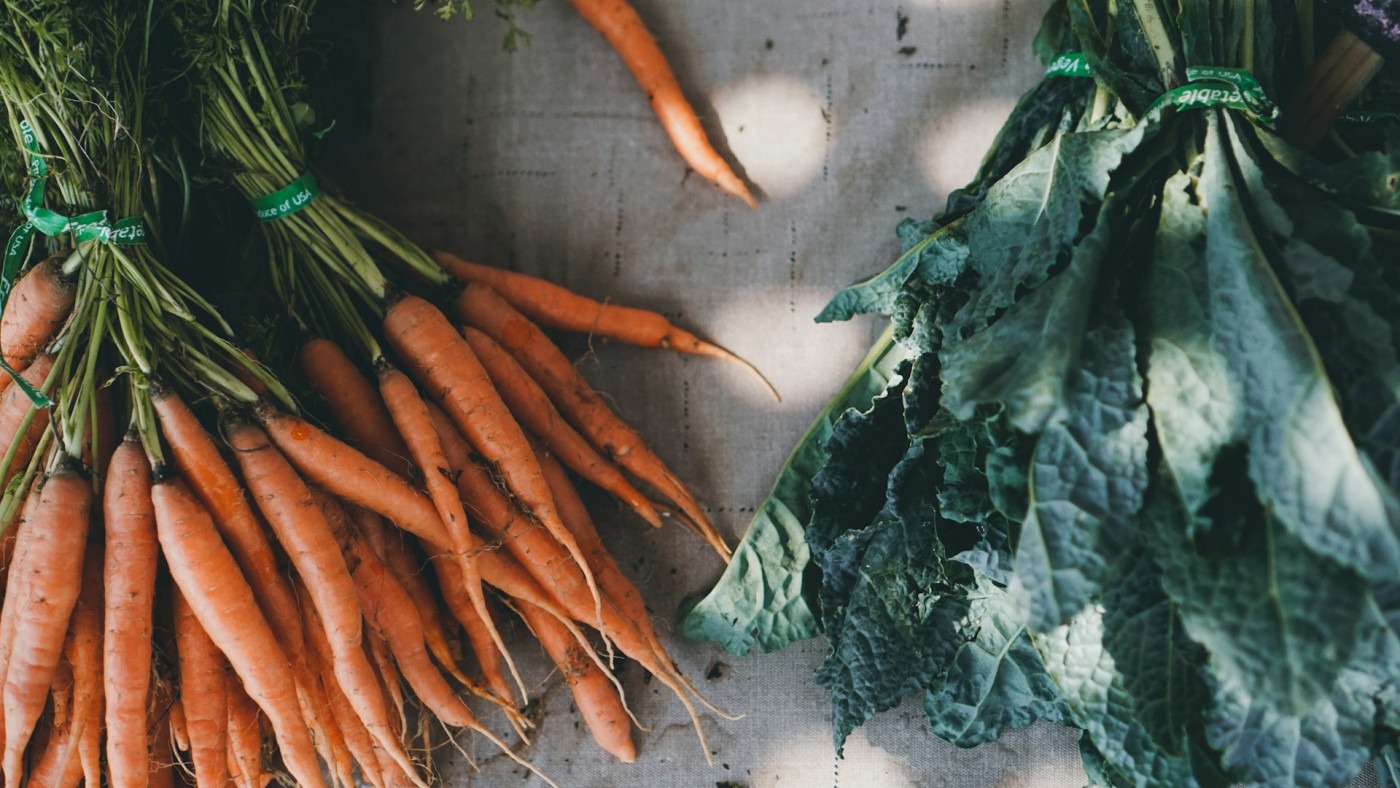How to embrace sustainable living as a student: a local guide
Why practise sustainable living? Sustainable living is essential for addressing the root causes of climate change. Most environmental challenges stem from our unsustainable consumption of natural resources. By consuming more than what the Earth can replenish in the long term, we place immense pressure on ecosystems. Sustainable living becomes a way to reduce personal and societal environmental impact.
I’ll be aiming to outline some practises I have been doing myself to live my life sustainably as a student. Most of these are very simple changes that can help make life easier for yourself and for the planet!
Starting out with the more straightforward and simpler changes that can be made:
1. Eat less meat and keep your dairy intake in check
Meat production requires more land, water, and energy compared to plant-based foods. By adopting a plant-based or reduced-meat you can reduce carbon emissions, conserve water, and preserve forests.
2. It’s time for tap water
Another major change students can embrace is drinking tap water over buying bottled water. Bottled water not only adds to plastic waste but also involves high energy for production and transportation. Drinking tap water with a filter, like a Brita, and carrying it in a metal bottle can be a more sustainable option for students.
3. The classic: reduce, reuse, recycle
Buying second-hand and recycling properly can combat the strain on natural resources put on fast fashion and overconsumption.
4. Make your reusable coffee cup your new sidekick
Following on from point 3. Carrying your own reusable items, such as a water bottle and shopping bags, can massively reduce single-use waste. Keep a reusable cup for coffee or tea. Many campus coffee shops, such as Curiositea on campus, even offer discounts for doing so. Being eco-friendly not only reduces single-use plastics, it saves you money – an essential for student-life.
5. Go green! (or brown?)
Making your own compost, might be an easier practice if you live in a house rather than student accommodation, but there are plenty of DIY options, both in and out the house. Composting can also be a great way to give your houseplants some much-needed nutrients.
6. Re-vamp your food shop
Plan your weekly shop in advance to avoid food waste. Try to support organic farms, which often use fewer pesticides and practice more sustainable farming methods. This not only promotes better health but also supports environmentally-friendly practices. If you cannot find the time to go to farms near you, I have found that in the Warwickshire area, there are several sustainable and zero-waste shopping options. By purchasing fresh vegetables and local produce, you can help reduce the carbon footprint associated with transportation and packaging and ultimately eat fresher, better-quality food. These markets charge the same, if not cheaper, prices as some of the big chain supermarkets.
Here are some of my favourite local markets where you can buy fresh produce:
-
-
-
- Warwick Market, every Saturday, 9 am until 4 pm, Market Square, CV34 4SA.
- Kenilworth Market, every Thursday, 9 am until 4 pm, Abbey End, CV8 1QJ.
- Leamington Farmers Market, every 2nd Saturday of the month, 9 am until 2 pm, outside Leamington Town Hall, CV32 4AT.
- Coventry Market, Monday to Wednesday: 8:30 am-5 pm, Thursday 8:30-2:30 pm, Friday and Saturday: 8:30-5:30. Queen Victoria Road, CV1 3HT.
- And of course, our very own university-based farmers’ market in the SU Atrium every Monday and Thursday: 9-5.
-
-
In conjunction with purchasing fresh produce, zero-waste shops are a great way to reduce plastic and packaging waste. The following shops allow you to buy in bulk and use your own containers to purchase the exact amount you may need for the week:
-
-
-
- CORE (Leamington, CV32 5EG). A 100% zero-waste store where you can buy fresh produce and pantry items.
- Zero Store (Leamington, CV32 5QB): A bulk-buying store offering plastic-free options. This store carries zero waste home and on-the-go products that are budget friendly for students.
- Gaia (Leamington, CV31 1EH). An ethical whole foods store focusing on organic products.
- Berylune (Leamington, CV32 4QP). Carrying a big catalogue of items, from kitchenware and homemade sauces to stationary, Berylune offers high-quality goods.
- The Green Unicorn (Fargo Village, Coventry, CV1 5ED). Coventry’s only vegan store. It has recently branched out into zero-waste products.
- COGs Refillery (Coventry, CV1 1DL). A zero-waste, unpackaged whole foods and refills store with veg boxes, household refills and much more.
-
-
Sustainable living requires mindful consumerism. Before making a purchase, ask yourself: Do I really need this? Is there an eco-friendly alternative? By making conscious choices, such as opting for quality over quantity or considering the lifecycle of a product, you can significantly reduce your environmental impact and end up saving yourself money over the years.

Comments